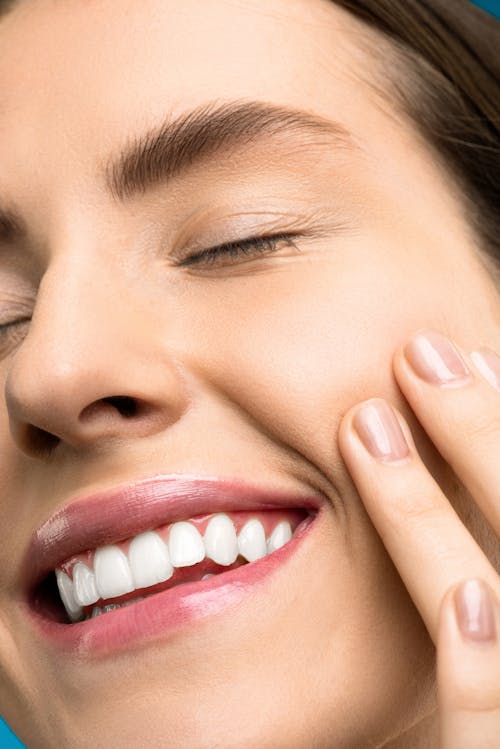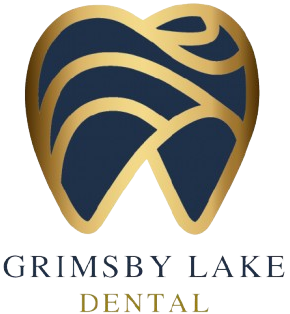Night Guards
Night guards, also known as occlusal splints or bite guards, are custom-fitted or over-the-counter dental appliances worn over the teeth during sleep. They serve to protect teeth and alleviate symptoms associated with bruxism (teeth grinding) and temporomandibular joint (TMJ) disorders. Here’s a comprehensive look at night guards:
Purpose of Night Guards
1- Protecting Teeth from Grinding (Bruxism)
- Bruxism involves grinding or clenching the teeth, often unconsciously during sleep.
- Night guards act as a barrier, preventing direct contact between the upper and lower teeth, thus minimizing wear and tear on the enamel.
- They can also help reduce jaw muscle tension and headaches associated with bruxism.
2- Alleviating TMJ Disorder Symptoms
- TMJ disorders affect the temporomandibular joint, which connects the jaw to the skull.
- Night guards can help reposition the jaw, stabilize the joint, and reduce pain and discomfort associated with TMJ disorders.
- They can also aid in muscle relaxation, reducing jaw tension.
3- Preventing Dental Damage
By preventing teeth grinding, night guards help prevent:
- Tooth fractures and chips
- Enamel erosion
- Tooth sensitivity
- Gum recession
- Headaches and facial pain.
Types of Night Guards
1- Custom-Fitted
- These are made by a dentist from impressions of your teeth.
- They offer the best fit, comfort, and protection.
- They are typically made from durable acrylic or a combination of hard and soft materials.
- They are the most effective for severe bruxism and TMJ disorders.
2- Over-the-Counter (OTC)
- These are available at drugstores and online.
- They come in various sizes and materials.
- Some are “boil-and-bite,” which can be molded to your teeth after being heated.
- They are a more affordable option but may not provide the same level of comfort or protection as custom-fitted guards.
- OTC guards are good for very mild grinding, or short term use.
3- Soft vs. Hard
- Soft night guards: Made from softer, more flexible materials. They are generally more comfortable but may wear down more quickly. Often used for mild grinding.
- Hard night guards: Made from rigid acrylic. They are more durable and provide better protection for heavy grinders.
- Dual laminate night guards: Feature a hard outer layer and a soft inner layer, combining comfort and durability.
Benefits of Using It
- Protection of Teeth: Prevents damage from grinding and clenching.
- Pain Relief: Reduces jaw pain, headaches, and facial pain associated with bruxism and TMJ disorders.
- Improved Sleep: By reducing discomfort, night guards can contribute to better sleep quality.
- Prevention of Dental Procedures: Can help avoid costly dental repairs due to tooth damage.
Considerations and Care
Consult a Dentist at Grimsby Lake Dental : It’s essential to consult a dentist before using a night guard, especially if you have TMJ pain or severe bruxism.
Proper Fit: A properly fitted night guard is crucial for comfort and effectiveness.
Cleaning and Maintenance:
- Clean the night guard daily with mild soap and water or a denture cleaner.
- Rinse it thoroughly and allow it to air dry.
- Store it in a clean, dry container.
- Regularly inspect the night guard for signs of wear and tear.
Regular Checkups: Bring your night guard to your dental checkups so your dentist can assess its fit and condition.
Adjustment Period: It may take some time to adjust to wearing a night guard.
Who Needs a Night Guard?
- People who grind or clench their teeth (bruxism).
- People with TMJ disorders.
- People experiencing jaw pain, headaches, or facial pain.
- People with signs of tooth wear or damage.
By understanding the benefits and types of night guards, you can take proactive steps to protect your teeth and improve your oral health. Contact us today to find out if you are a good candidate for a custom-fitted night guard!

Follow Grimsby Lake Dental on Instagram
